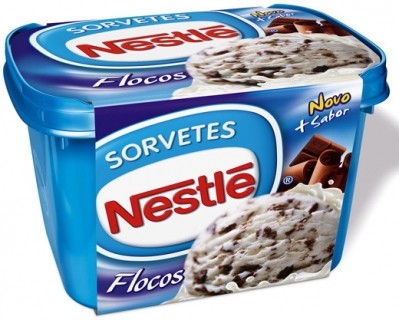US judge dismisses milk price-fixing racket claims against Dean Foods

The US District Court for the Eastern District of Tennessee entered its judgment last week – the legal history of the so-called ‘Tennessee Retailer Action’ dates back to 2007 – ordering that the plaintiffs (Food Lion et al.) recover nothing from the co-defendants.
The latter have now been ordered pay legal costs relating to two claims outstanding in the case – although the judgment can be appealed – a prior order in August 2010 granted dairy giant Dean Foods and its co-defendants summary judgment on the plaintiffs’ three other claims.
Judge J. Ronnie Greer entered a judgment last Tuesday ordering that the action be dismissed and the defendants cover costs, in line with a memorandum opinion and order filed on that day and in line with the court’s previous memorandum opinion and order filed in August 2010.
Market monopoly alleged
The retailers bought processed milk from Dean Foods and Dairy Farmers of America (DFA), and in September 2007 they filed a class action complaint (covering milk buyers in 14 US states) against the two dairy giants, alleging violation of the anti-trust Sherman Act from January 2001.
They alleged that Dean Foods, DFA and other defendants had secretly agreed (1) an agreement not to compete (2) a conspiracy to restrain trade (3) unlawful monopolization (4) an attempt to monopolise and (5) a conspiracy to monopolise.
The plaintiffs alleged a quid pro quo agreement between Dean Foods and DFA – whereby Dean Food’s competitor National Dairy Holdings (NDH), then owned by DFA, was allegedly a ‘false competitor’ controlled by DFA.
They alleged that Dean Foods agreed to only buy raw milk from DFA in exchange for the latter’s agreement to lessen competition for sales of milk to retailers in the southeastern US and not compete for sales.
Antitrust injury not shown
Rejecting the remaining Counts 1 and 5 last week, Greer said the plaintiffs had not established antitrust injury, while Count 1 failed because they could not establish a relevant geographic and product market on ‘rule of reason’ grounds, where a trade practice violates the Sherman Act only if it is a unreasonable restraint of trade based on economic factors.
The plaintiffs urged an alleged horizontal relationship (per se illegal and not necessitating rule of reason evidence) between Dean Foods and NDH should be probed, since the latter was completely controlled by Dean, and was therefore a false competitor, and given that supply agreements for raw milk ran to the heart of their claims.
But before granting judgment to the defendants, Greer said: “[T]he court agrees with the defendants that the agreement has substantial vertical elements, such that the alleged agreements challenged by the plaintiffs ought to be subject to the rule of reason analysis, requiring that the plaintiffs establish the relevant geographic antitrust market, something they cannot do,”
*A horizontal agreement is per se anti-competitive since it relates to a practice between undertakings operating at the same level of the production chain, whereas vertical agreements are entered into by independent firms (non-competitors) operating at different levels of the chain.








